FORT JACKSON, S.C. -- Pvt. Laron Ellis said news of the earthquake in Haiti hit him particularly hard because his wife and several member of his immediate family were there for a funeral.
"My stomach just kind of emptied out," said Ellis, a Soldier with the 369th Adjutant General Battalion.
His wife and other family members were in Kafou when the earthquake hit Jan. 12, collapsing the house they were staying in.
After a flurry of phone calls, Ellis finally found out that his wife was not injured.
"Until I heard from her, I was just floating," he said.
His father-in-law suffered a broken leg, but all of Ellis' immediate family made it home alive. However, Ellis said, many of his relatives who live in Haiti were killed.
Not knowing the fate of relatives has been agony for Pvt. Guercy Dominique, also of the 369th. Despite repeated phone calls to his family, Dominique doesn't know whether his aunt, uncle and cousin who live in Haiti are alive.
"I haven't heard anything yet," he said. "It's tough not knowing what's going on."
The earthquake that devastated Haiti on Jan. 12 sent shock waves through the Fort Jackson community.
At least six people who died in the disaster were known to be family members of Soldiers at Fort Jackson. Other Soldiers are known to have family members who are missing or injured due to the disaster.
Late in the afternoon on Jan. 12, Staff Sgt. Johny Eliscar, the logistics noncommissioned officer for Fort Jackson's HHD, 157th Infantry Brigade, made his usual daily phone call to his mother in Haiti.
But this time, mid-way through their conversation, Eliscar was startled by his mother's blood-curdling screams.
"Oh my God! Oh my God! Oh my God!"
Eliscar, who grew up in Bel Air, a poor suburb of Port-au-Prince, asked, "What happened' What happened'"
For many long minutes, Eliscar could not make sense of the chaos he was hearing through the phone.
Eliscar's mother finally explained to him that there had been an earthquake. She had been running from her house to seek safety, while another house merely 219 yards away had just collapsed in front of her.
It wasn't until later they both learned the earthquake had reached a magnitude of 7.0, and had destroyed Port-au-Prince and its surrounding areas in Haiti.
Although Eliscar was relieved to know his mother was alive, he was devastated to find out his great aunt had not survived the powerful quake.
His mother later told him his cousin's son's legs were crushed after a wall collapsed on him. The child lived. Many of his boyhood friends had been killed, she told him. Many of his family members on his father's side are still unaccounted for.
"It's heartbreaking," he said.
Eliscar's colleague, Sgt. 1st Class Auston Charles, division chief for the Recruiting and Retention School here, last visited his native Haiti four years ago when he helped his father build a school in Jereme.
Charles' father just barely escaped death when the earthquake struck, Charles said. He was resting in a cement gazebo outside of his house in Jacmel, 25 miles south of Port-au-Prince. When he felt a slight shake at the beginning of the quake, he ran from the gazebo.
Within seconds the gazebo collapsed.
"My father said it was completely flat," Charles said. "If he had gone back to grab his cell phone, he would have been crushed."
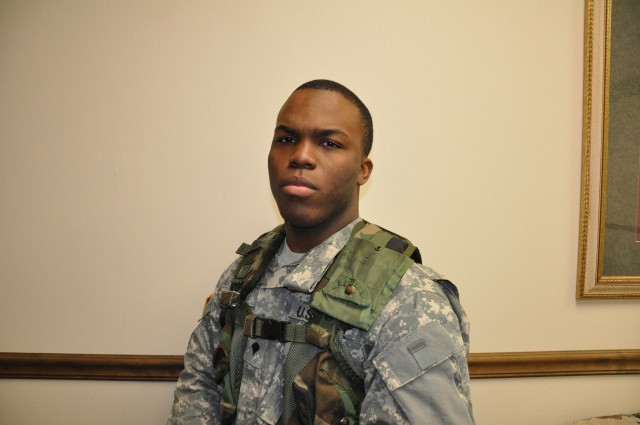
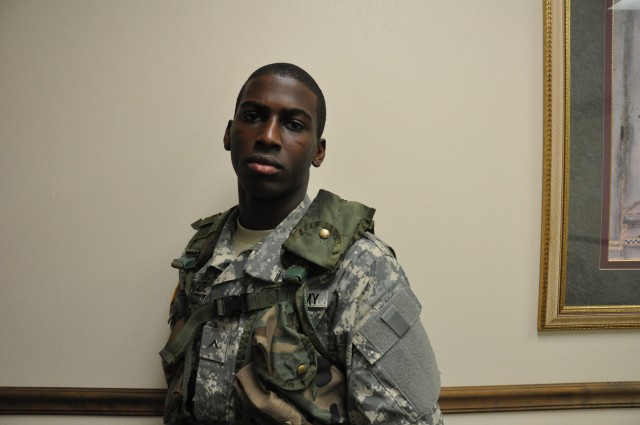
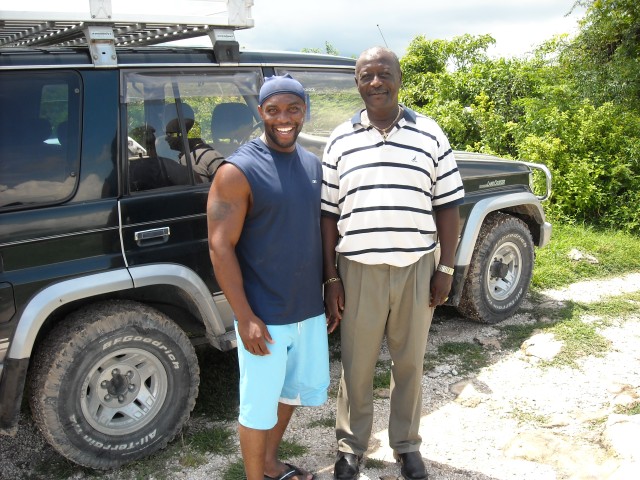
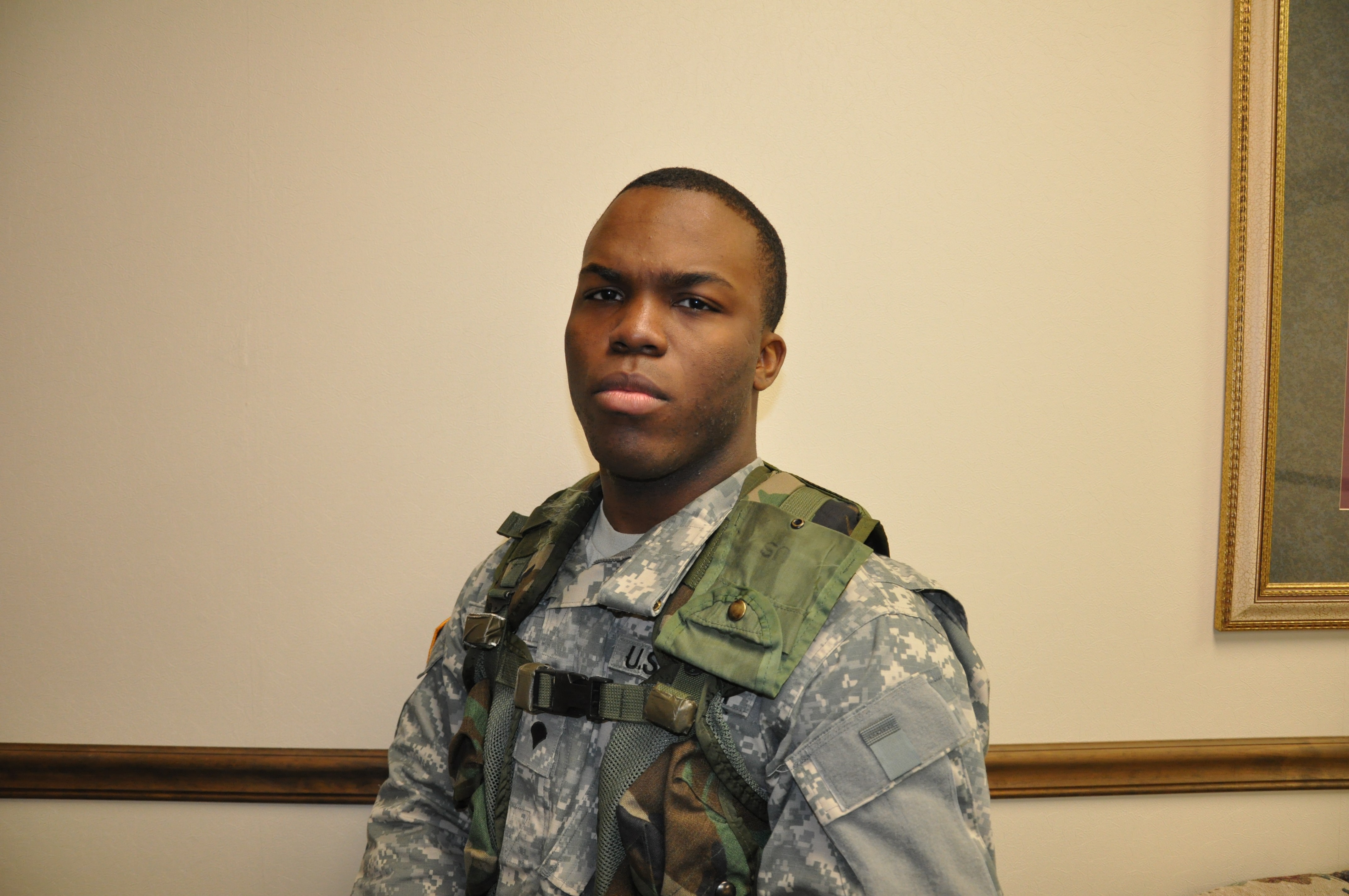
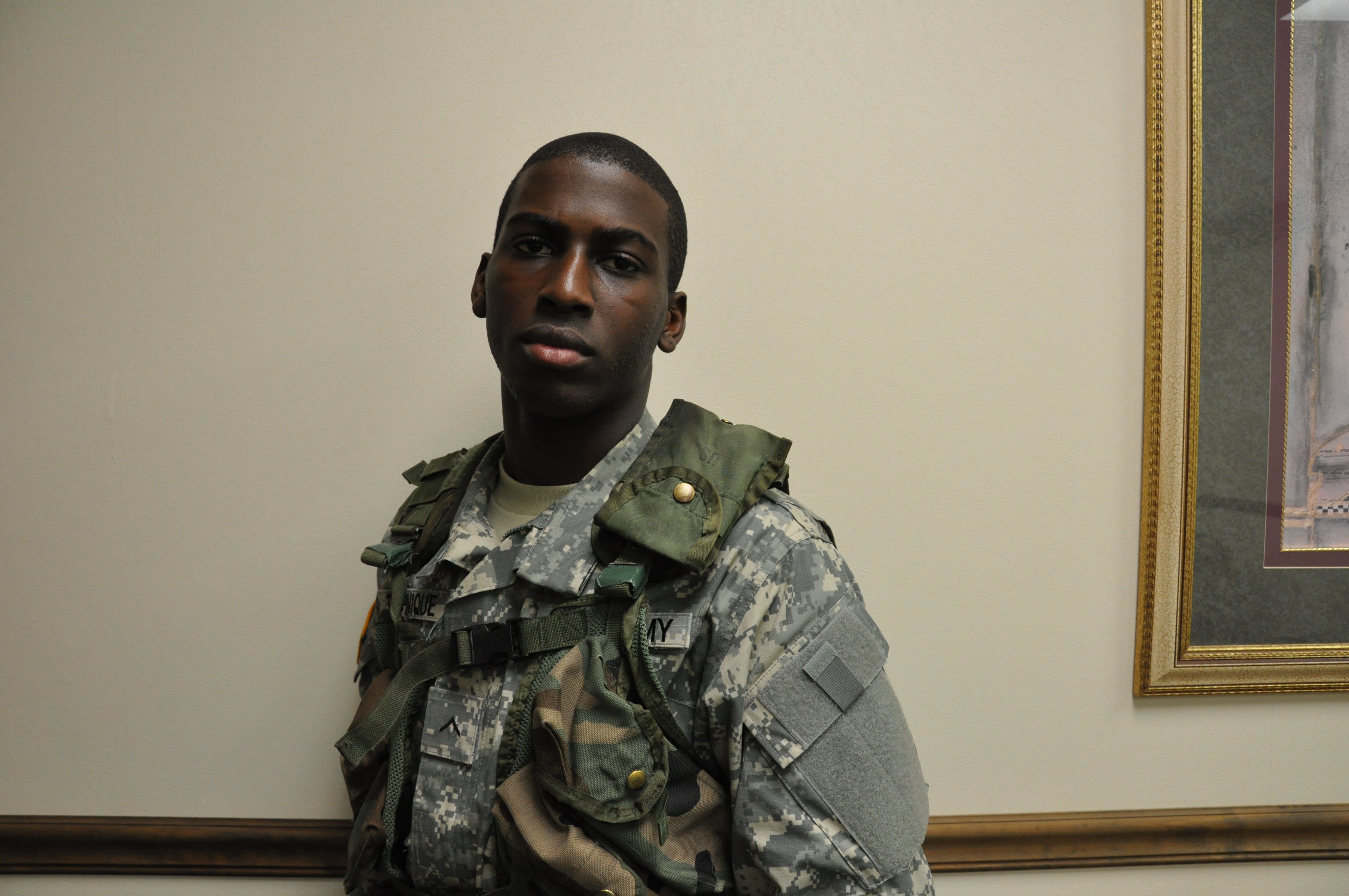
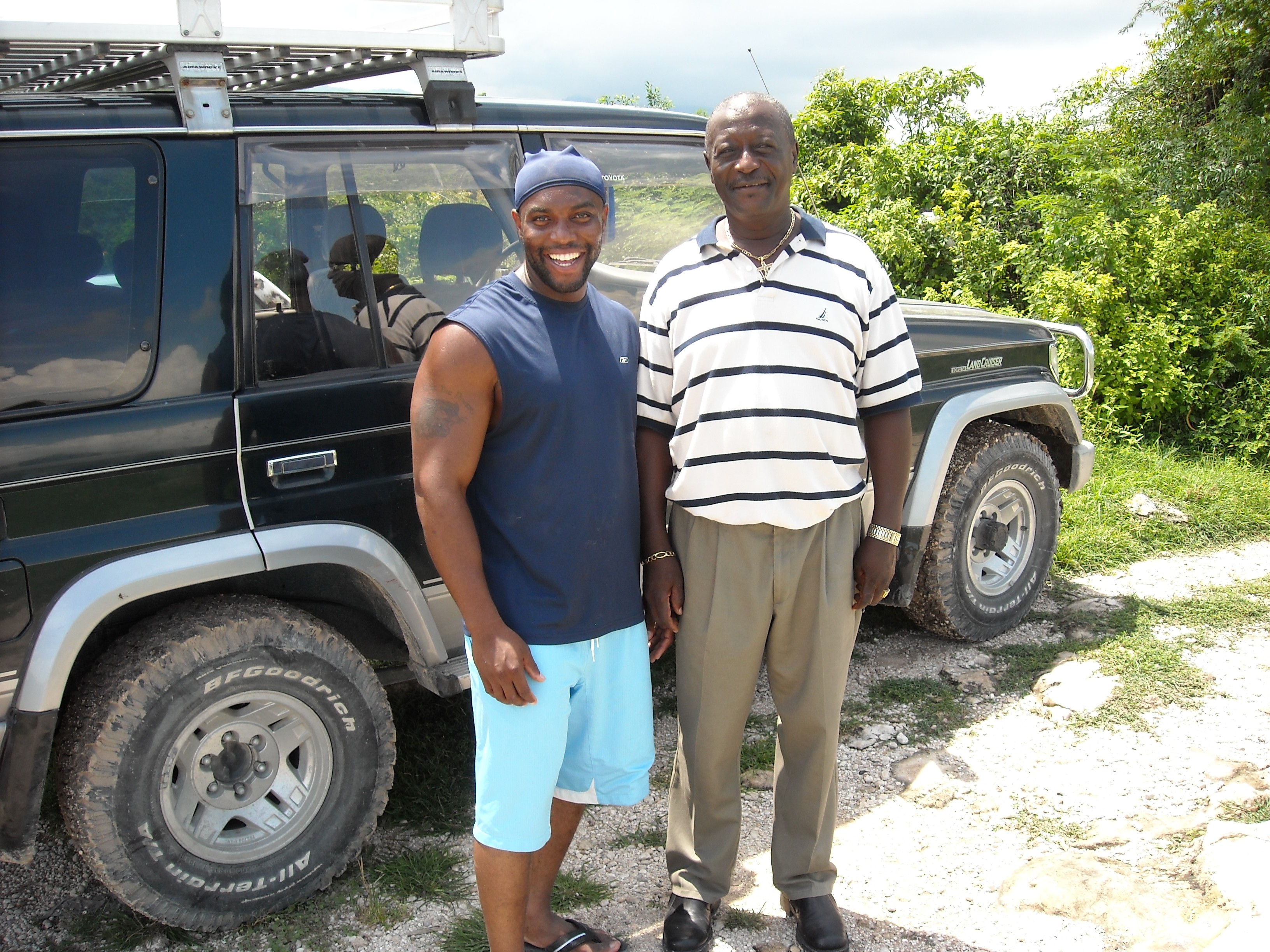
Social Sharing